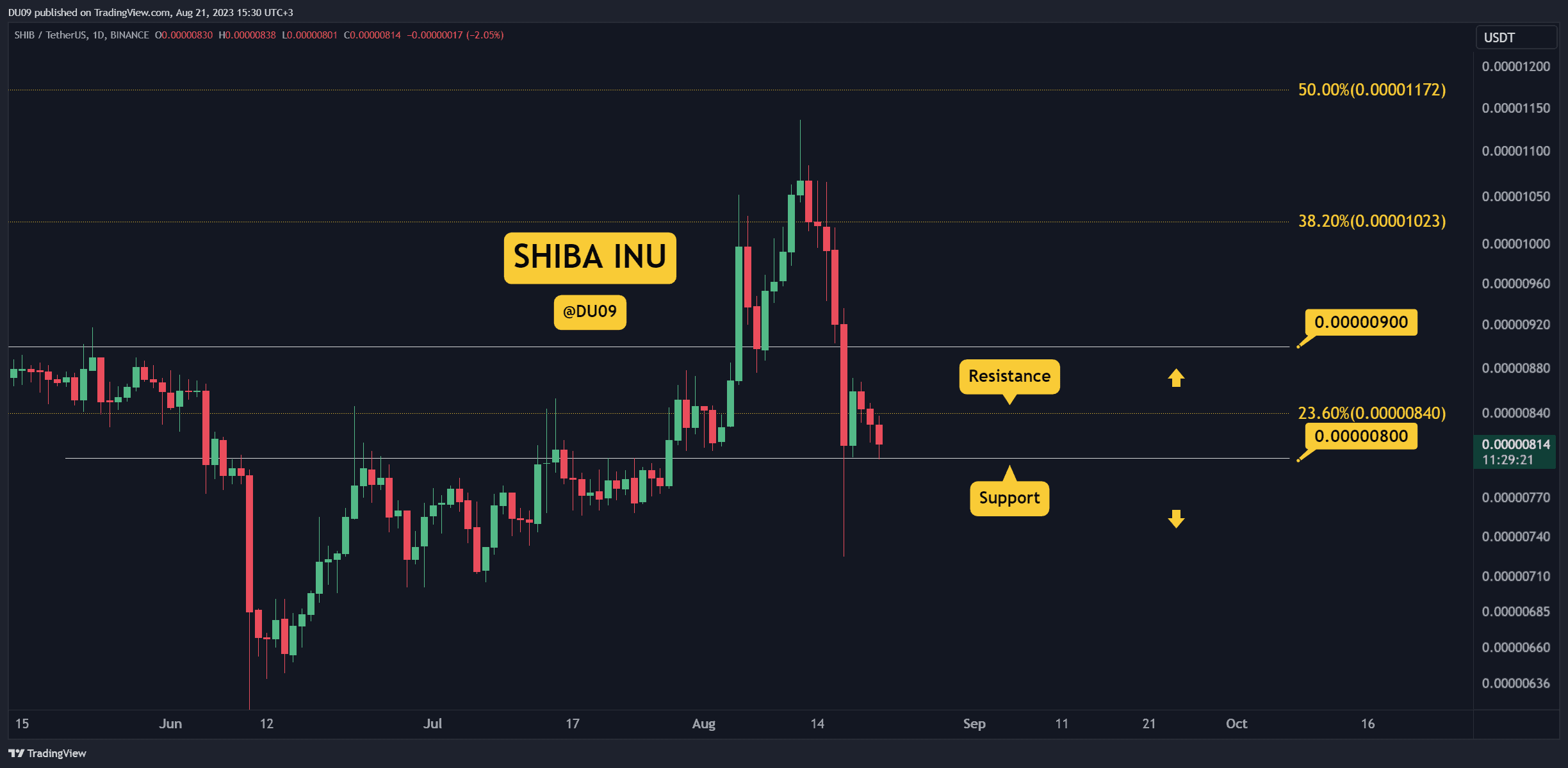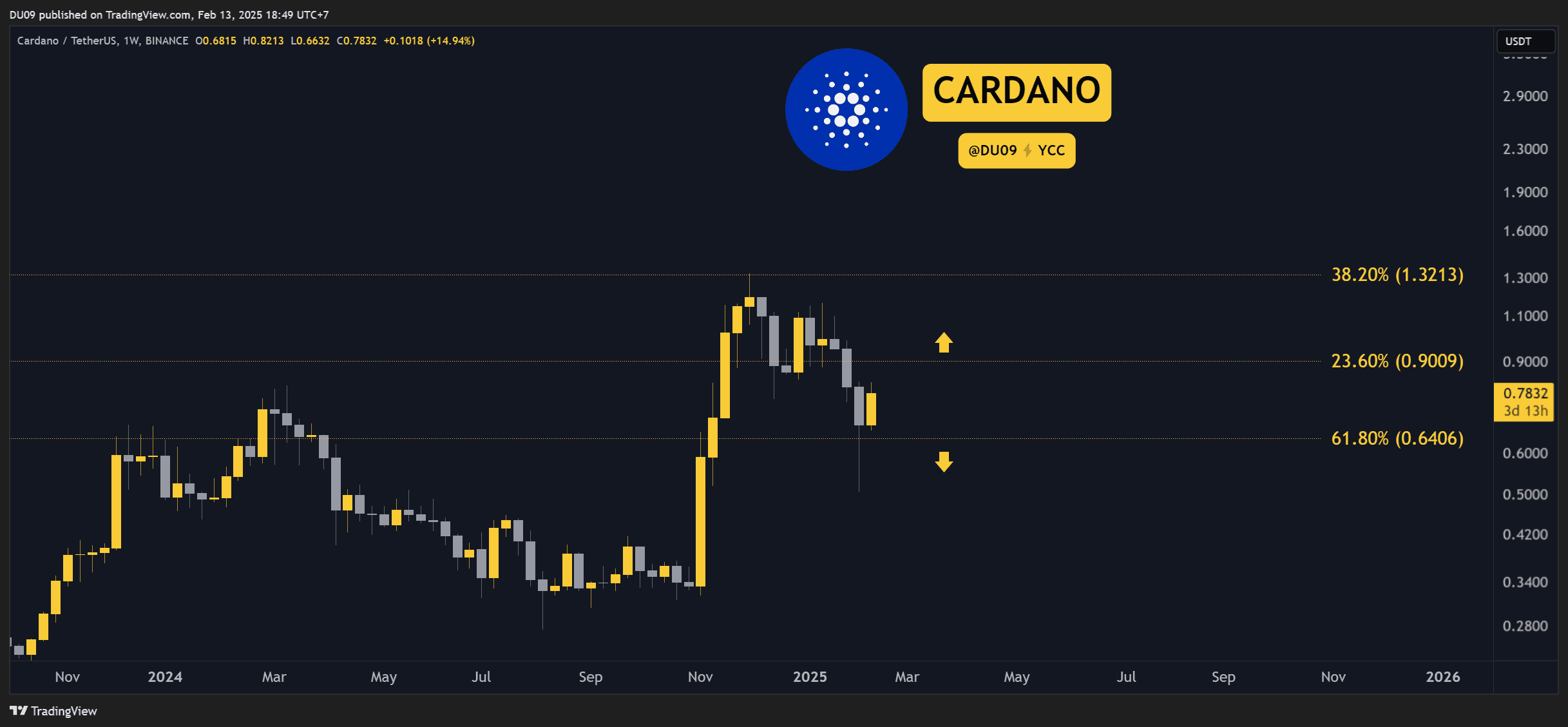These Factors Have Driven Ethereum’s Underperformance Against Bitcoin Since The Merge
Since Ethereum underwent the Merge two years ago, its performance relative to Bitcoin has declined significantly. From gradually losing its reputation as ultra-sound money, ether (ETH) is currently a few steps away from falling into the undervaluation territory.
Blockchain analytics platform CryptoQuant has identified the major drivers of Ethereum’s underperformance since the Merge, including inflationary supply dynamics and weaker network activity compared to Bitcoin.
Ethereum’s Underperformance Relative to Bitcoin
On September 15, 2022, Ethereum transitioned from a Proof-of-Work (PoW) to a Proof-of-Stake (PoS) consensus mechanism. Since then, the native token has underperformed BTC by 44%. This is evident in the ETH/BTC price currently sitting at 0.0425, its lowest level since April 2021.
The underperformance worsened this year, even after the United States spot Ethereum exchange-traded funds (ETFs) were approved over a month ago. Similar funds greenlighted for Bitcoin earlier this year drove demand so rapidly that BTC surged to a new all-time high about two months later.
On-chain data indicates that crypto investors prefer more exposure to Bitcoin than Ethereum, which can be seen in the decline of the spot trading volume of ETH relative to BTC. The figure, which showed that ETH’s spot trading volume was initially 1.6 times that of Bitcoin, fell to 0.76 last week.
CryptoQuant analysts found that Ethereum’s underperformance correlates with weaker network activity than Bitcoin. The former’s total transaction fees have continued to decrease compared to the former. This decline in transaction fees is one of the effects of the Dencun upgrade, which went live in March and introduced data blobs to the network.
Ethereum Could Decline Further
Another effect of Dencun is that the ETH supply is becoming inflationary due to a reduced fee burn rate. The total ETH supply now hovers at 120.323 million, following a steady increase since April. The current amount of ETH in circulation has been at its highest level since May 2023, and at this rate, the supply could return to its pre-Merge level in roughly three months.
Furthermore, Ethereum is underperforming Bitcoin in terms of transaction count. While Bitcoin’s transaction count has reached record highs this year on the back of inscriptions, Runes, and layer-2 networks, Ethereum’s has fallen from a high of 27 in June 2021 to 11, one of its lowest levels since July 2020.
Unfortunately, analysts think Ethereum could decline further relative to Bitcoin because ETH is still above the undervaluation territory. Ethereum will officially be considered undervalued against Bitcoin when the ETH/BTC Market Value to Realized Value ratio falls to 0.45.
The post These Factors Have Driven Ethereum’s Underperformance Against Bitcoin Since The Merge appeared first on CryptoPotato.









